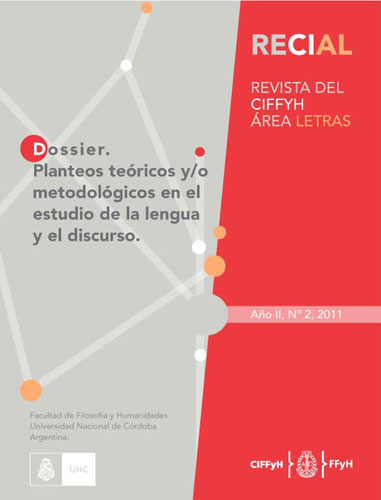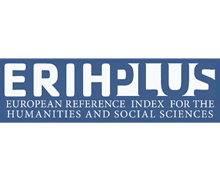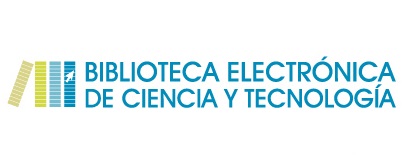El "Tercero transparencial" en la escritura de Macedonio Fernández
DOI:
https://doi.org/10.53971/2718.658x.v2.n2.18063Keywords:
representation, affection, intersubjetivity, hyperrealismAbstract
This work, entitled The "Transparent Third" in the writing of Macedonio Fernández, is directed to generate a critical dialogue about certain philosophic interpretations of the abovementioned author. We think that the hermeneutic gaze search profoundly, in the other side of the words, the trace of the concept and let escape the most adjoining and superficial level in which the writing is deployed in its specificity. This gaze destroys the inherent of the writing because it puts the reader in the scene of the writing-reading, in its immediate reality.Our critic proposes quite a wide approach to the texts of Macedonio Fernández and analyses several topics of his work critical studies –his ideas about philosophy, politics, laws, his opposition to realism and representation, the privilege of affection-, to show the existence of an structural space, where writing is conceived as a series of intersubjective positions directed to generate a possible experience. In this case, this is the experience of opening the conscience to the infinite finitude, to the affection immortality which is not transcendental.Downloads
References
BENVENISTE, Emile (1973) Problemas de lingüística general; Siglo XXI; Bs As.
BLANCHOT, Maurice (1992) El libro que vendrá; Monte Ávila Editores; Caracas.
DELEUZE, Gilles y GUATTARI, Félix (2000) MIL MESETAS (Capitalismo y esquizofrenia); Pre-textos; España.
LACAN, Jean Jacques (2003) Escritos I; Siglo XXI; Bs As.
LACLAU, Ernesto y MOUFFE, Chantal (2004) Hegemonía y estrategia socialista; Fondo de Cultura Económica; México.
PLATÓN (2007) República; Diálogos IV; Biblioteca Gredos (traducción y notas de Conrado Eggers Lan); Barcelona.
TERÁN, Oscar (2010) Historia de las ideas en la Argentina; Siglo XXI; Bs As.
Downloads
Published
Issue
Section
License
Aquellos/as autores/as que tengan publicaciones en esta revista, aceptan los términos siguientes:
- Los/as autores/as conservarán sus derechos de autor y garantizarán a la revista el derecho de primera publicación de su obra, el cuál estará simultáneamente sujeto a la Licencia de reconocimiento de Creative Commons que permite a terceros compartir la obra siempre que se indique su autor y su primera publicación esta revista.
- Los/as autores/as podrán adoptar otros acuerdos de licencia no exclusiva de distribución de la versión de la obra publicada (p. ej.: depositarla en un archivo telemático institucional o publicarla en un volumen monográfico) siempre que se indique la publicación inicial en esta revista.
- Se permite y recomienda a los/as autores/as difundir su obra a través de Internet (p. ej.: en archivos telemáticos institucionales o en su página web), luego de su publicación en la revista. (Véase El efecto del acceso abierto).























